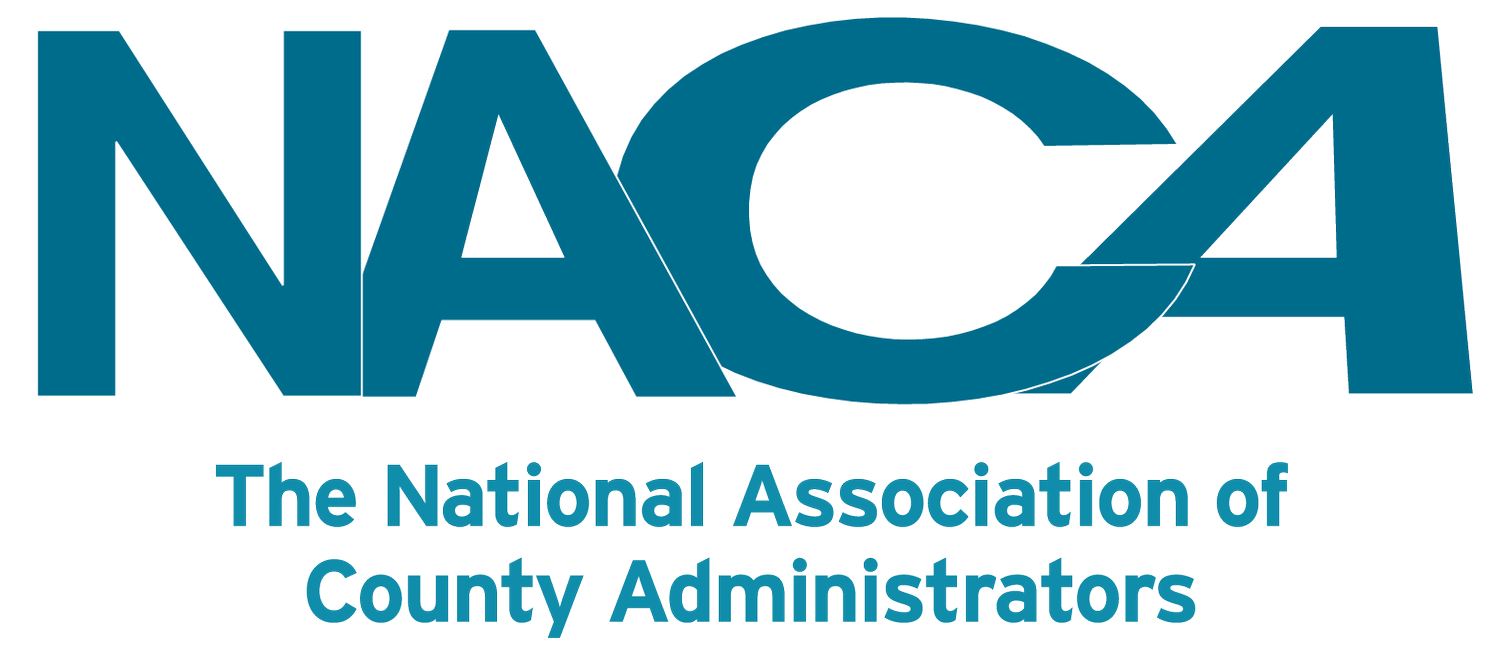Organizational Culture and Ethics: Peanut Butter and Jelly or Oil and Water?
The challenge of building a strong culture with a high value on ethics.
We all know the saying that “culture eats strategy for lunch,” but a good culture doesn’t always guarantee highly ethical actions. The two should go together like peanut butter and jelly, but that’s not always the case.
At the League of California Cities City Managers Conference in February 2024, three respected California city managers spoke about the success and challenges they faced while building a strong culture that also places a high value on ethics.
Session Moderator: Jessica Cowles, ICMA ethics director
Panelists:
Rosanna Bayon Moore, city administrator, Piedmont, CA
Fran Robustelli, city manager, San Leandro, CA
Graham Mitchell, city manager, El Cajon, CA
The session was offered in partnership with Cal-ICMA and summarized by Camilla Posthill, ICMA ethics senior program manager.
What Does Ethics Look Like?
Panelist Fran Robustelli shared the realities of linking ethics to culture in local governments:
Infinite work: Instilling ethics into culture is hard work and it’s a long journey. Keep sustainability in mind as you move forward. Recognize the complexity of ethics and help others to understand that blind spots and gray areas exist.
Handle with care: Ethical culture is fragile; it takes a while to build up and can disappear quickly. Trust doesn’t happen overnight, and it can be easy to lose.
Strong leadership: Understand that every decision and action has a potential to make a large and lasting impact. Be pragmatic, have clear team norms, and set expectations. Never leave a meeting about ethics without hearing everyone in the room speak.
Good people doing good things: Beware of ethical fading, “a condition in a culture that allows people to act in unethical ways in order to advance their own interests, often at the expense of others, while believing they have not compromised their own moral principles” (from Simon Sinek, The Infinite Game).
Association of our decisions to impacts: Recognize that an ethical culture affects decision-making. Ask yourself: Have you created the right lens to examine the issue? Have you asked the right questions? Are you re-assessing? Are you open to different perspectives? Culture can be insular, so it is important to learn from one another.
Use real words and avoid self-deception: Keep talking about ethics in real and frequent conversations for ethics to become and stay a part of the culture. For example, instead of saying, “we’re ethical”, ask staff “how will we define ‘ethical’”? Develop a shared language so that everyone understands each other. Questions to get the ethics conversation started: How do you want people to be treating one another in this organization? How do you want this organization to be perceived?
“Our teams thrive when they are watered. Get in sync with staff and keep the pulse on the underlying current… And remember HR is a most critical resource in achieving mission as they are often the eyes and ears of what issues bubble up to you.” —Fran Robustelli
Your Role in Building Culture
Graham Mitchell outlined an approach to building and maintaining an ethical culture in an organization.
Influence: Make an opportunity to familiarize yourself with the culture and people of the organization by kicking off a “values and culture” tour. Graham held 25 different meetings across his organization, conducted small-group exercises, and narrowed down the organization’s top values. Guess what? Ethics was not in the top 10 values when he arrived (neither was innovation), but it is now! Listen, learn, and know that your potential to influence others is powerful. Your messaging matters.
Manage: Keep ethics at the forefront of every staff person’s mind. Consider inserting a question about ethics into performance evaluations. From personnel to purchasing, your decisions set the tone for the organization and your actions back up your words. People are paying attention.
Mitigate and Coach: You’ll likely face a time in your career where you have to mitigate damage to the organization because of ethical lapses in judgement from individuals. Be prepared to stand firm and demonstrate that ethics matters. It is equally important to educate and work with your elected officials and staff on the importance of a strong ethical culture and their role in creating and maintaining it.

